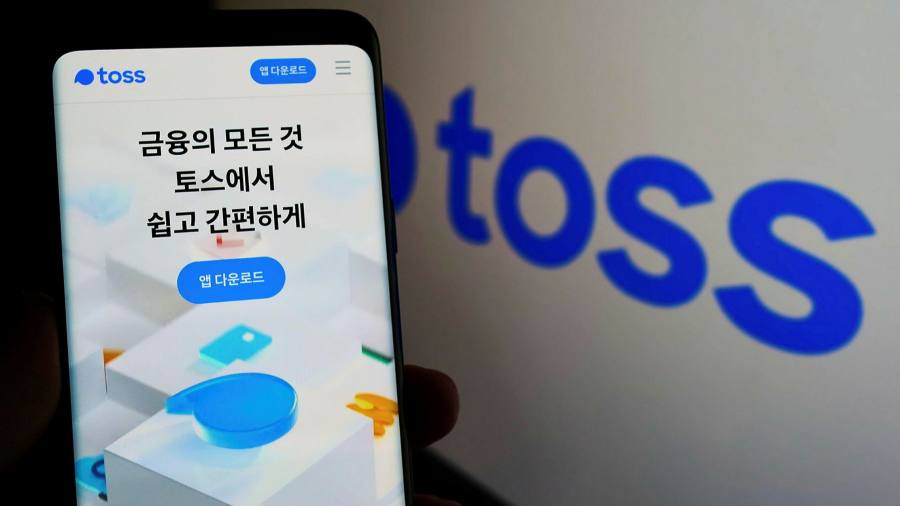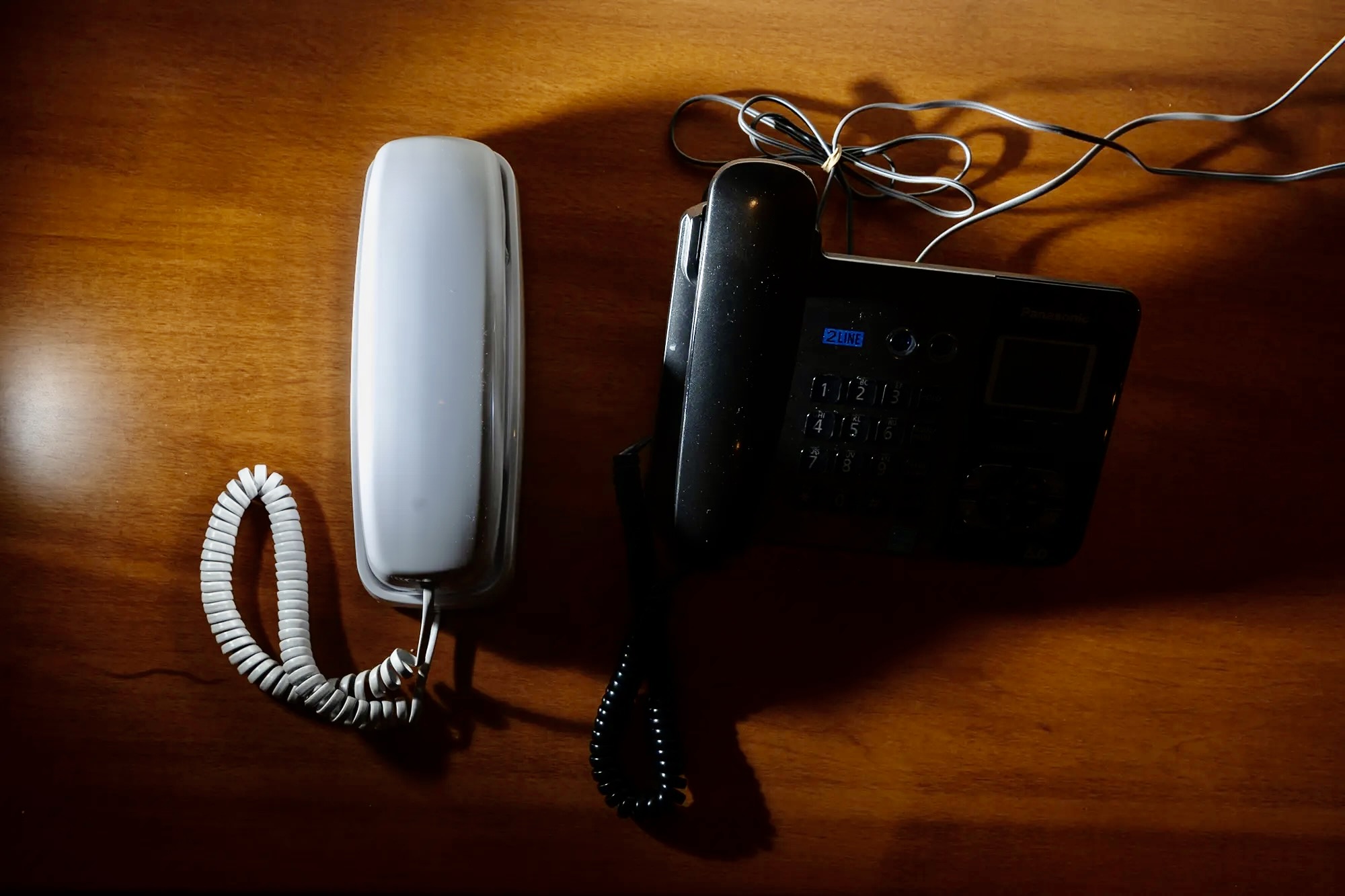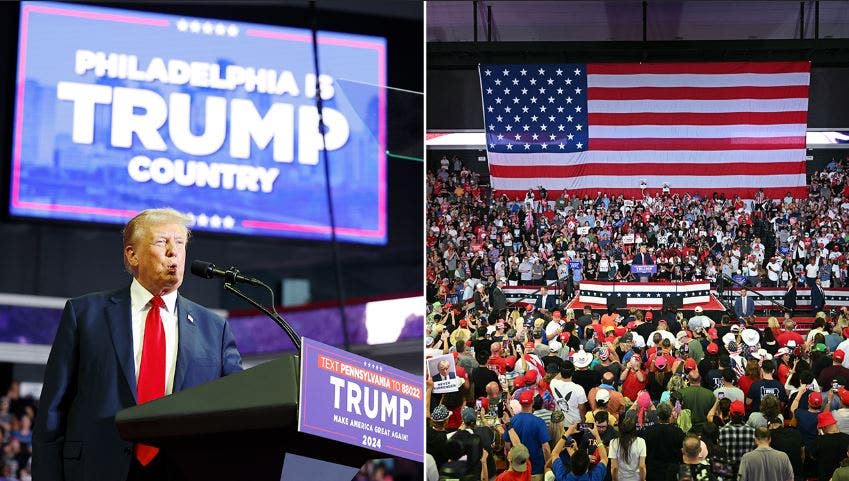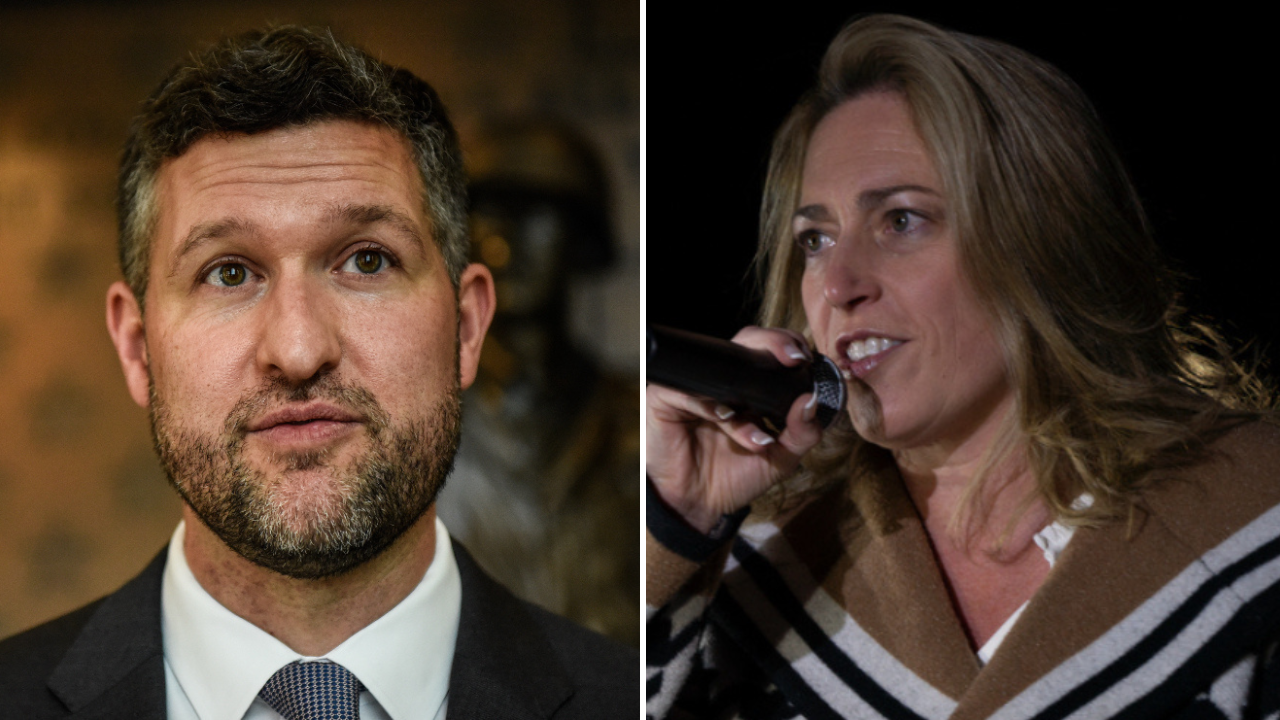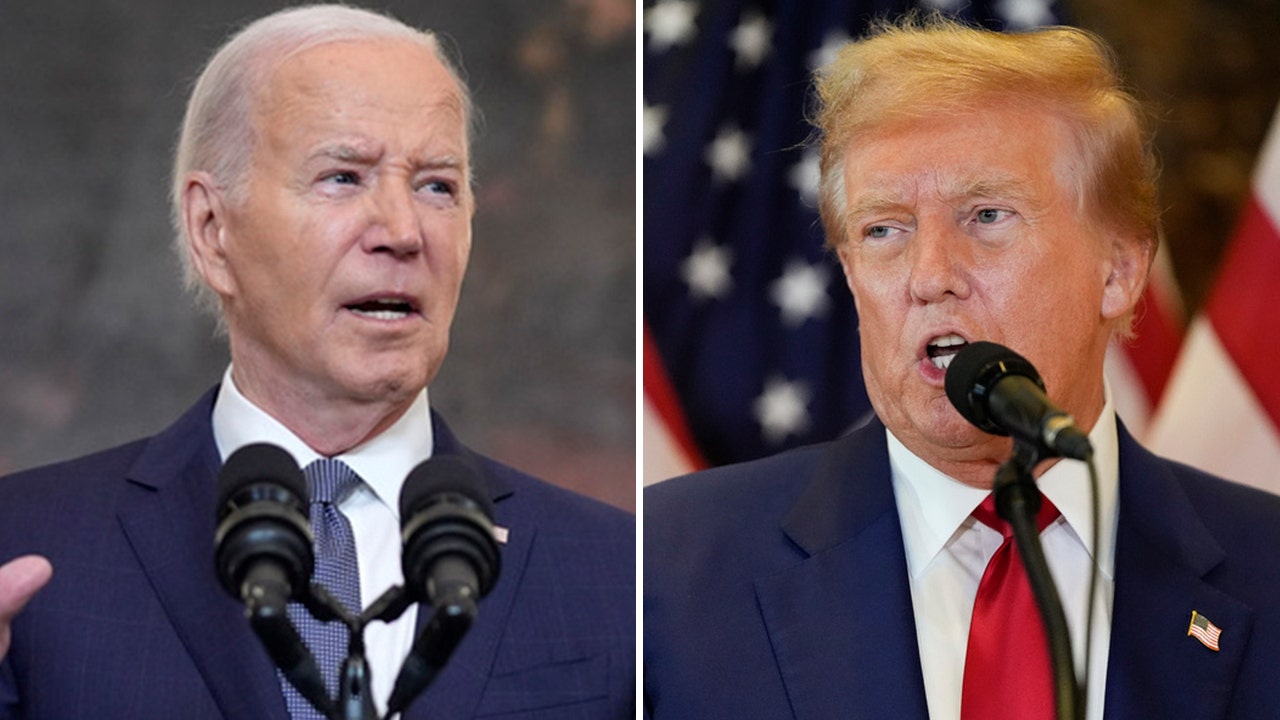The Australian government is tightening regulation of the country’s powerful supermarkets, with the threat of potentially billions of dollars in fines if they squeeze farmers and other suppliers on price.
The government said it would push through legislation to enforce a mandatory code of conduct on large food retailers, including Woolworths and Coles Group, which control about 65 per cent of the market. Breaches would result in fines ranging from A$10mn (US$6.6mn) to up to 10 per cent of turnover over a year-long period.
Michael Simotas, an analyst with bank Jefferies, said the penalties for bad behaviour could be as much as A$5bn for Woolworths and A$4bn for Coles. He expected the companies would remain “front and centre of media and political commentary”.
Jim Chalmers, Australia’s treasurer, said: “We’re cracking down on anti-competitive behaviour in the supermarkets sector so people get fairer prices at the checkout.”
The move to replace a voluntary code with a mandatory one comes as a cost of living crisis and persistent inflation have put many household budgets under strain.
It follows a review conducted by former cabinet minister Craig Emerson, with the retail sector finding itself in the spotlight over alleged price gouging for products including fresh fruit and vegetables over the past two years. Those price increases have not been passed on to farmers and other suppliers.
The proposed legislation would apply to companies with annual sales of more than A$5bn, including Aldi and smaller player Metcash. Companies including Costco and Amazon could be covered by the code in the future based on their growth rates and the expansion of their product lines.
Allegations of price gouging and the poor treatment of suppliers have led to increased scrutiny of supermarkets, with calls growing in recent years to break up the largest companies to improve competition.
Woolworths’ longtime chief executive Brad Banducci announced his retirement this year, days after a fractious interview with broadcaster ABC on price gouging. He later appeared in front of a Senate committee in Canberra and was threatened with jail for refusing to detail certain financial metrics to MPs who questioned whether a true reflection of the retail sector’s profitability was being provided.
The government has stopped short of proposing a break-up but wants to set up an anonymous whistleblower and supplier complaint mechanism within Australia’s consumer watchdog.
Woolworths said in a statement it would support a mandatory code of conduct. On ideas such as a price register to improve transparency over fresh fruit and vegetable prices, which have soared in recent years, it said it would study the proposals in detail.
“While there is broad support for greater price transparency in the sector, there isn’t yet consensus on how to deliver it,” it said.
Coles said in a statement: “Coles has worked collaboratively with Dr Emerson in his review to strengthen the Code. We will consider the final recommendations and Government’s response in detail, and we remain committed to supporting a healthy and sustainable grocery sector.”
Jolyon Burnett, chair of the National Farmers Federation’s Horticulture Council, said the review and government proposals had left “a clear impression of the raw deals our growers are getting with supermarkets” and that the recommendations provided a “rare opportunity to reform our markets”.

